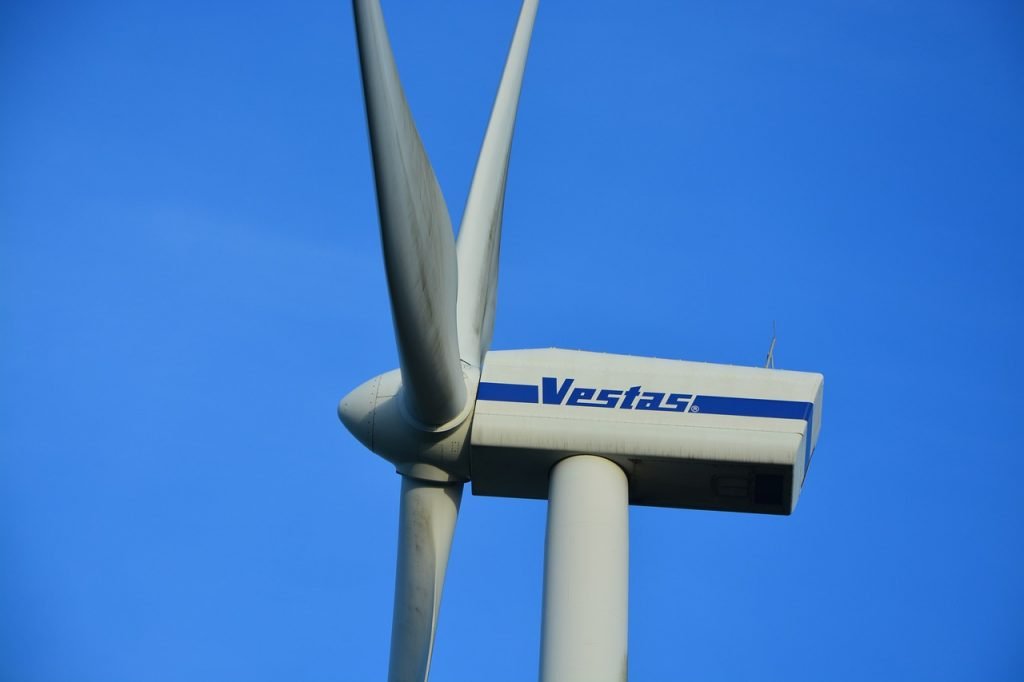The Danish company Vestas is the world’s top wind power company. With over 24,000 employees in 76 countries, Vestas specializes in the design, manufacture, sales, installation and maintenance of wind turbines. Leading into 2016, the company had already installed 59,909 wind turbines worldwide (enough to supply the energy needs of 120 million homes in Europe), thus contributing to reducing CO2 emissions, protecting the environment and slowing down the effects of climate change.
To remain in this position of leadership, Vestas has adapted to the sweeping changes that the industry has undergone in recent years. Particularly starting in 2009, as wind power buyers went from a model based on direct negotiation between two parties (often with subsidized prices) to a tender-based system. This radical transformation in wind power service sales, contracts and maintenance has entailed an enormous challenge for the company’s human resources team.

Wind farm in Texas (Wikimedia Commons)
Challenges: negotiation staff training to adapt to a changing market
Facing such a profound transformation in the business, Vestas opted to prepare and upskill its staff to meet these new challenges. The company’s training and development team was facing two daunting challenges:
New negotiation skills. The extension of the new tendering system in the wind power sector called for Vestas to adopt a different way of working. While the previous model entailed contracts signed between two parties (energy buyer and energy producer), companies now need to team up with partners to secure tender awards. This has required the employees of Vestas to reinforce some of their negotiation skills (securing more favorable prices from suppliers, fully understanding the interests of contractors, creating value with other partners, establishing long-term relationships…).
Maximum flexibility in all languages and countries. Given the enormous geographic dispersion of Vestas personnel (many employees are working in remote areas where wind turbines are installed), the company needed an online course that could be taken from any device, anywhere and anytime. Flexibility had to be paramount so that all employees could learn at their own pace.
Solution: Merchants game-based negotiation learning
To meet these challenges, the training and development team at Vestas committed to Merchants, a serious game for learning negotiation skills. This Gamelearn-developed course transports players back to fifteenth-century Venice, where they will face 6 “real” negotiations and be challenged to become the best merchant in the city. The Merchants video game provides at least three advantages:
1. The negotiation skills that Vestas needs. This serious game based on the Harvard approach to negotiation is a perfect fit for the model change that the wind power industry has been undergoing. Merchants particularly highlights identifying the interests of the other party, seeking alternative solutions to problems that could arise during a negotiation, developing long-term relationships, creating value together with your partners and making a bigger pie to reach agreements that ensure a win-win for everyone involved.
2. Learning by doing. The video game not only presents the best negotiating techniques but also lets employees practice them from the very outset. The game’s sophisticated simulator lets students present proposals and reach agreements with tough negotiators who are by no means pushovers. These are more or less the same conditions that Vestas employees face in their day- to-day tasks.
3. An online, flexible, multi-device and multi-language course. Merchants also met the challenge to offer the greatest flexibility to employees. For Vestas, this aspect was and still is essential. Students need only a username and password to play the game from anywhere and anytime. Moreover, for a rich multicultural team such as Vestas, this video game has the advantage of being available in several languages (English, French, German, Spanish and Portuguese). This availability of languages proved to be critical in expanding the training proposal, since it enabled the company to offer an educational product in the worker’s native language, which thus increased the acceptance level, follow-through, receptivity and utility of the program.
Results: higher revenue and more awarded tenders
Despite the challenges that Vestas has been facing in recent years, particularly concerning the shift in the model toward tendering, the company has managed to remain the universal bellwether in renewable energies. The company had its best results ever in 2016, securing an income of €10,237 million (a year-on-year increase of 21.5%).
The Merchants video game contributed to improving employees’ negotiation skills in general and fostered the capabilities of the staff to adapt to the new rules of the game.
The staff’s new negotiation skills helped increase sales by 21.5% in 2016
In countries such as Argentina, Brazil, Chile, Mexico, Peru, Russia and South Africa, where tendering models are already in use, the company was able to increase its results with projects of over 3 gigawatts of energy.
There is little doubt regarding Vestas understanding of how to remain a step ahead of the competition and adapt to the changes in the wind power sector; and Merchants has been a part of that secret.

